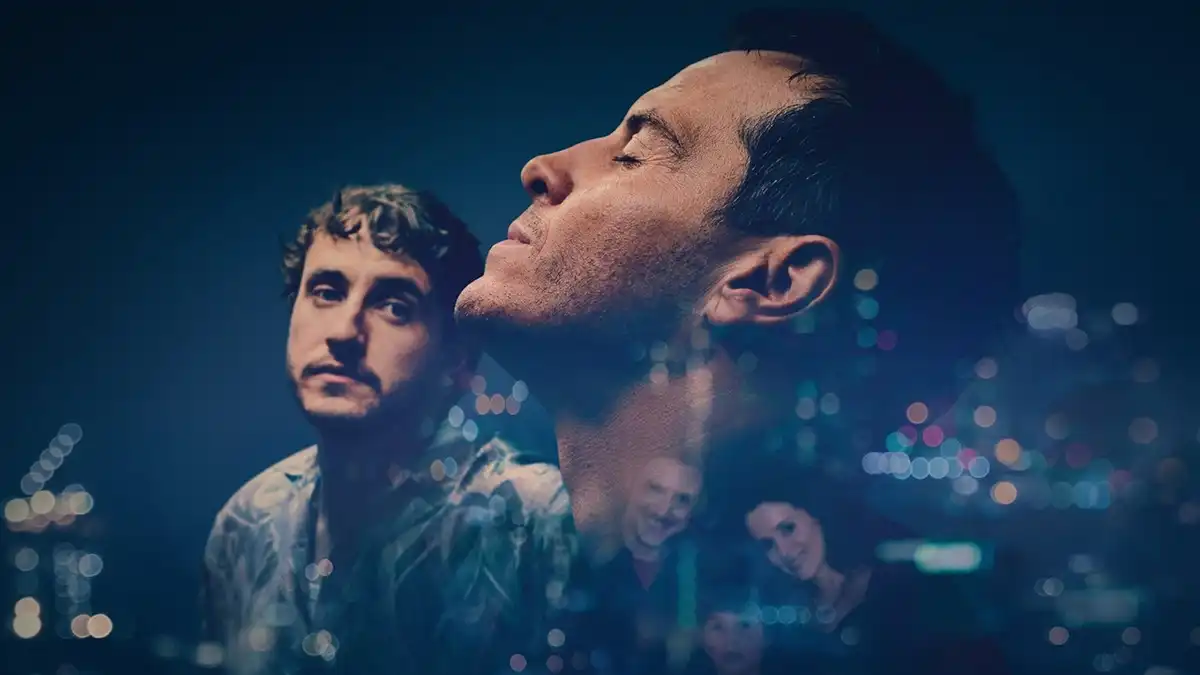All Of Us Strangers & The Main Character Energy Of Grief
Watching Andrew Haigh’s <em>All of Us Strangers</em> is like being simultaneously haunted, sad, dead and alive, writes <strong><em>Rahul Desai</em></strong>

Poster detail. All of Us Strangers
